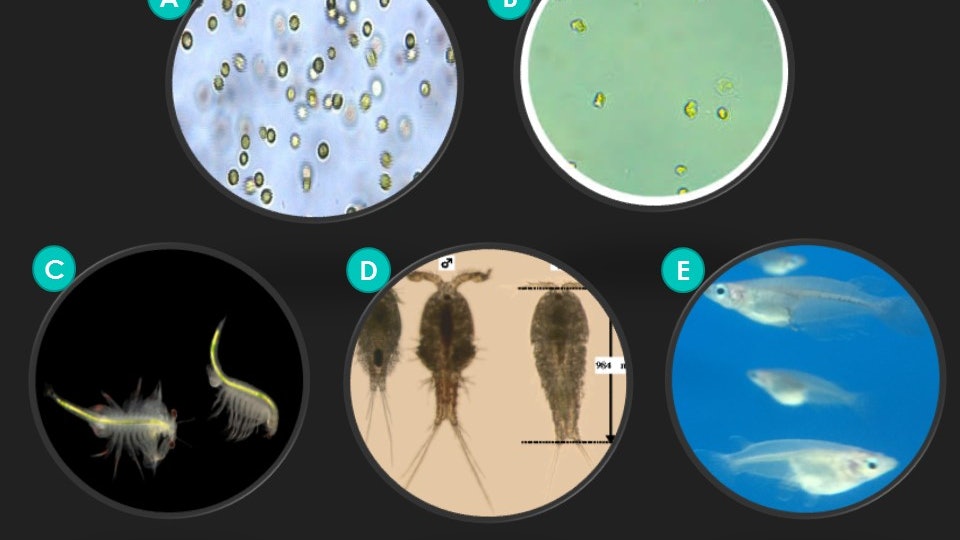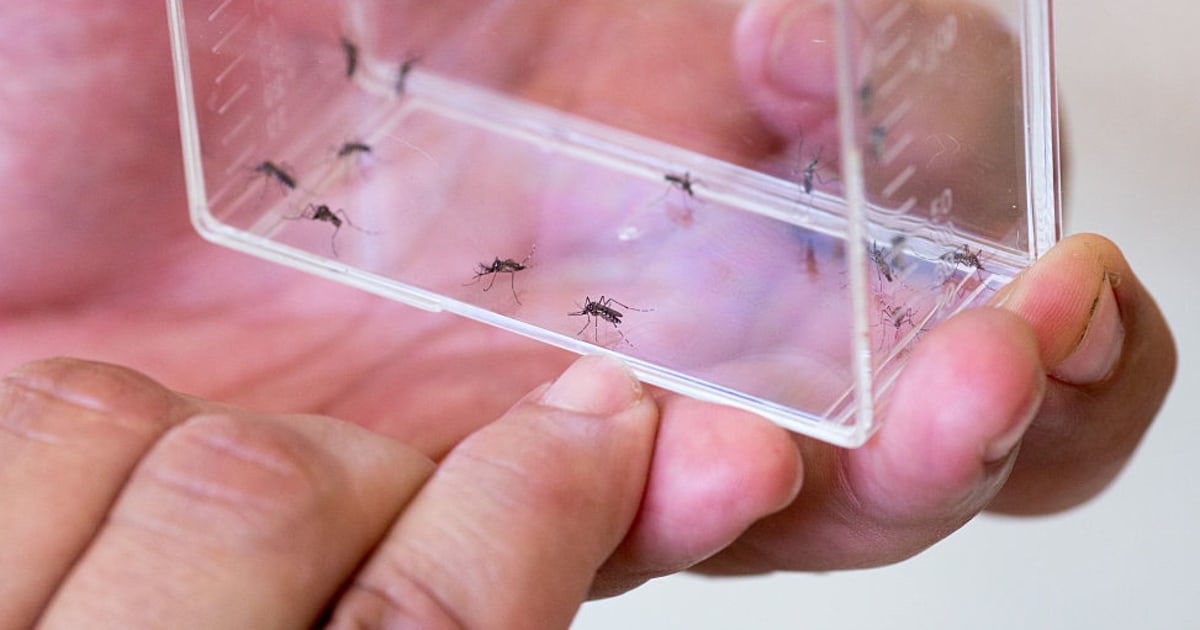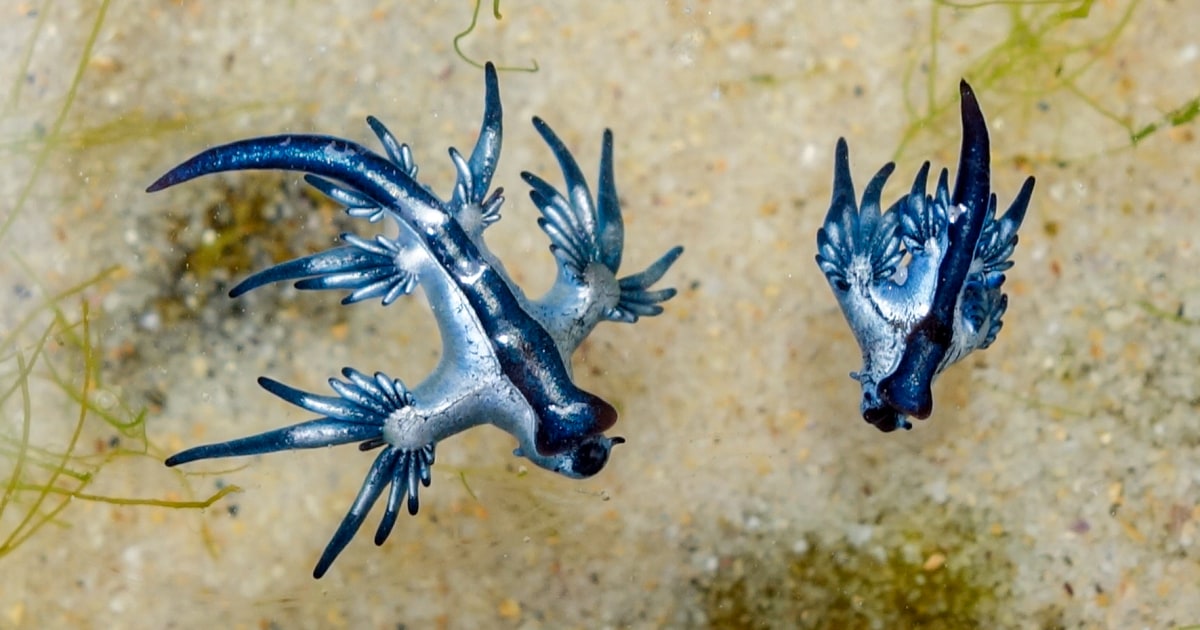Social News
Written by: Yuan Shu
2020-05-24 21:55
Date of last update: 2020-05-24 21:55As summer enters, mosquitoes breed and the risk of diseases spreading through mosquitoes also increases. The Hong Kong government regularly sprays mosquito oil on tree holes, ponds, swamps and construction sites to kill mosquito larvae and prevent mosquitoes. However, a study by the University of Hong Kong found that the mosquito oil used by the government to prevent and control mosquito oil will flow into the coastal waters with rainfall and surface runoff, which may pollute the marine environment and endanger marine ecology.
The study pointed out that high levels of mosquito oil are commonly detected in the coastal waters of Hong Kong. The mosquito oil concentration in the seawater at nine sites (ie 60%) poses a moderate to high ecological risk to marine life. Tolo Harbor waters have 4 The mosquito oil level at each sampling point exceeds the safe value and deserves attention.
PhD student Yang Yunyi is collecting seawater in the waters of Aberdeen. (Provided by the interviewee)
The research team of Professor Liang Meiyi from the School of Biological Sciences and the Institute of Marine Science at Swire University recently published the world ’s first comprehensive assessment of mosquito oil toxicity and ecological risk in the international academic journal Marine Pollution Bulletin. The team purchased mosquito oil from government suppliers and found that its composition was similar to petroleum and was a mixture of aliphatic hydrocarbons. Oil can suffocate marine organisms and produce toxic reactions, leading to the death of fish and birds.
The team cited FEHD data that the FEHD consumed 131,400 liters of mosquito oil in 2016. Under the guidance of Professor Leung, Dr. Yang Yunyi, a PhD student of the University of Hong Kong, collected seawater samples at 15 stations in the coastal waters of Hong Kong in 2016 and 2017 to analyze the composition and level of mosquito oil, and used five marine representatives from laboratory toxicity tests Sexual species, testing the toxicity of mosquito oil.
The concentration of mosquito oil in the water at three sites in Tolo Harbour is twice as safe
The research team used the toxicity results from the analysis to calculate the hazard quotient (HQ = mosquito oil concentration in seawater / 0.29 mg / L mosquito oil no effect concentration). When HQ is greater than 1, it indicates that the concentration of mosquito oil in seawater is There are potential ecological risks, inhibiting its growth, leading to abnormal development or death.
Among the 15 water sample collection sites, there are 9 sites with a hazard quotient greater than 1, of which 4 sites have a value greater than 2 (high risk), and the concentration of mosquito oil in the water exceeds twice the safe value, including Tolo Harbour The three stops are the Phoenix Temple outside Tolo Harbour, the Sanmenzai and Yantianzai in Tolo Harbour; and Stanley Bay in the southern waters of Hong Kong Island. Sites with a hazard quotient greater than 1 (moderate risk) include the West Trail in the exposed waters, as well as Cyberport, Aberdeen, Saigon and Tuen Mun.
Water sample collection station (A1: West Trail; A2: Phoenix Phoenix; A3: Sanmen Tsai; A4: Yantian Tsai; A5: Yung Shue O; A6: Sham Shui Po; A7: Cyberport; A8: Aberdeen; A9: Stanley Bay; A10: Kwun Tong; A11: Lai Chi Kok; A12: Yuen Long; A13: Sai Kung; A14: Tuen Mun; A15: Tsuen Wan). The red dot shows that the hazard quotient (HQ) of the site is more than 1, while the blue dot shows that the HQ of the site is less than 1. (Provided by the interviewee)
Liang Meiyi believes that Tolo Harbour is a semi-closed body of water. The flow is relatively slow and the exchange rate of water is low, resulting in the accumulation of mosquito oil in the waters of Tolo Harbour and the Chimen Strait. There are four mosquito oil levels in the exposed water area that exceed safe values, and their potential ecological risks cannot be ignored. In coastal environments where the risk of mosquito oil is moderate to high, the growth of marine algae may be inhibited, and the larvae or larvae of marine organisms such as fish and crustaceans may suffer from sublethal toxic effects, which may affect their growth , Reproduction and survival.
Five marine test organisms used in the study: (A) microalgae, (C) brine shrimp, (D) copepods, and (E) medaka. (Provided by the interviewee)
New Coronary Pneumonia | Hong Kong University Yuan Guoyong's research card leaves patients discharged with cocktail therapy 5.5 days earlier
HKU study reveals that the new coronavirus is more susceptible to infection of the conjunctiva than the SARS
Professor of HKU researches new microscope to help study the causes of Parkinson's disease and other brain diseases
Marine pollution of the University of Hong Kong





/cloudfront-eu-central-1.images.arcpublishing.com/prisa/6W5UW5NK5ZH77N2RSC3TBYR33Y.jpg)



